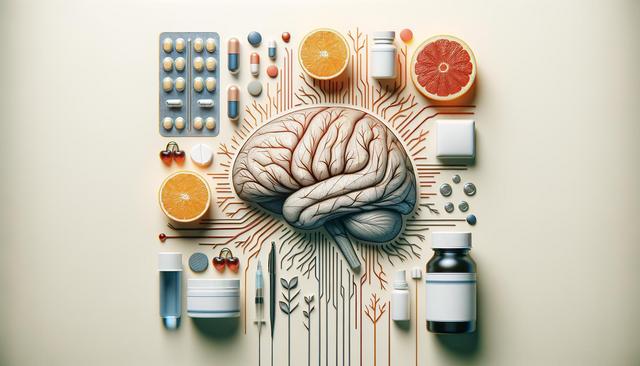Understanding the Link Between Medications and Vision
Many people are surprised to learn that some commonly prescribed drugs can influence their eyesight. These effects can range from mild and temporary to more serious and permanent changes. Understanding which medications have ocular side effects helps patients and healthcare providers make informed decisions. Medications may affect different parts of the eye, including the cornea, lens, retina, and optic nerve. In some cases, these effects are dose-dependent, while in others, they may vary by individual sensitivity or underlying health conditions.
Vision-related side effects can include:
- Blurred or double vision
- Dry eyes or excessive tearing
- Color vision changes
- Light sensitivity
- Eye pain or discomfort
These symptoms may arise shortly after starting a new drug or develop over time with prolonged use. It’s essential to report any visual disturbances to a healthcare provider, especially if they interfere with daily activities.
Common Drug Classes That Affect Vision
Several categories of drugs are known to impact eye health. While not everyone who takes these medications will experience vision issues, awareness is key to early detection and treatment. Some of the most commonly implicated drug classes include:
- Antihistamines – can cause dryness and blurred vision
- Antidepressants – may lead to light sensitivity or pupil dilation
- Corticosteroids – long-term use can increase the risk of cataracts or glaucoma
- Antimalarials – such as those used for autoimmune diseases, may impact the retina
- Blood pressure medications – may cause visual disturbances like blurred vision
These effects can often be managed by adjusting the dosage, switching medications, or adding supportive treatments such as artificial tears. Regular eye exams are especially important for individuals on long-term drug regimens.
Visual Side Effects of Over-the-Counter and Recreational Drugs
Vision changes aren’t limited to prescription medications. Over-the-counter (OTC) products and recreational substances can also impact eyesight. Some nasal decongestants and allergy medications may worsen dry eyes or cause pupil changes. Herbal supplements, particularly those with stimulant properties, can result in eye strain or light sensitivity.
Recreational drugs, including stimulants and hallucinogens, can cause more dramatic visual effects:
- Hallucinations and visual distortions
- Temporary blindness or tunnel vision
- Dilated pupils and light sensitivity
In some cases, these effects may indicate serious health risks. Individuals who experience sudden or severe visual symptoms after using any substance should seek immediate medical attention.
Preventing and Managing Medication-Induced Vision Problems
While not all vision-related side effects can be prevented, there are several steps individuals can take to reduce their risk and manage symptoms effectively. Communication with healthcare providers is essential. Before starting any new medication, patients should ask whether vision changes are a potential side effect. If symptoms occur, documenting them and sharing the information with a doctor can lead to timely adjustments.
Helpful strategies include:
- Scheduling routine eye exams, especially for long-term medication users
- Using lubricating eye drops to combat dryness
- Wearing sunglasses to reduce light sensitivity
- Monitoring blood pressure and blood sugar, as these can affect eye health
In some cases, an ophthalmologist may need to work alongside the prescribing physician to ensure eye safety while managing the underlying condition for which the drug is being used.
When to Seek Medical Attention
Not all visual symptoms are cause for alarm, but some signs warrant prompt evaluation. Sudden vision loss, severe eye pain, or rapid changes in sight may indicate a serious reaction or underlying condition triggered by medication. People with pre-existing eye disorders should be especially cautious and proactive about reporting changes.
Situations where immediate attention is needed include:
- Sudden flashes of light or floaters
- Loss of peripheral vision
- Persistent double vision
- Swelling around the eyes
Early intervention can often prevent long-term damage. Patients should not discontinue medication without medical advice, as stopping some drugs abruptly can cause withdrawal symptoms or worsen the primary health issue.
Conclusion: Staying Informed to Protect Your Vision
Understanding how medications can affect vision helps patients stay alert to potential issues and take proactive steps to protect their eye health. While many drugs offer significant benefits, being aware of their side effects allows for better management and fewer complications. Regular communication with healthcare providers and routine eye exams are essential components of maintaining overall well-being, especially for individuals on long-term or multiple medications.




Leave a Reply